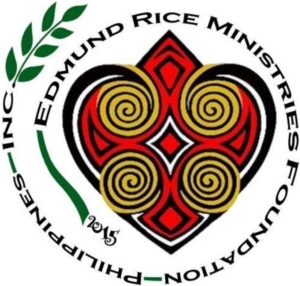End of Project Evaluation for the Sama-badjao Women’s Livelihood and Community WASH project
The Sama-badjao Livelihood and Community WASH project started out as one-year project in Dolho, Bato, Leyte, Philippines. Funded by Misean Cara through the assistance of Edmund Rice Development, a second cycle with a 3-year term was implemented in recognition of the fact that changes do not happen overnight. Since 2018, ERMFPI has worked with the Sama-badjao community and has established a good working relationship wherein significant victories, as well as challenges, were garnered along the way. Among those notable ones are the strengthening of the Sama-badjao women’s group institution building and enterprise development, increased awareness among community members in sanitation and solid waste management, improved well-being and development of skills of the Sama-badjao families. ERMFPI has also facilitated linkages and networks of allies of the Badajo community- local government units, local project partners and other people’s organizations within and outside Bato, Leyte.
With this in mind, the awareness of the society at large of the rights of the Sama-badjaos, having their own culture be respected and protected remains to be a challenge. After ERMFPI’s exit from the community, it relies on the consolation that the Sama-badjaos are now able to push forward the advocacy for social acceptance.



